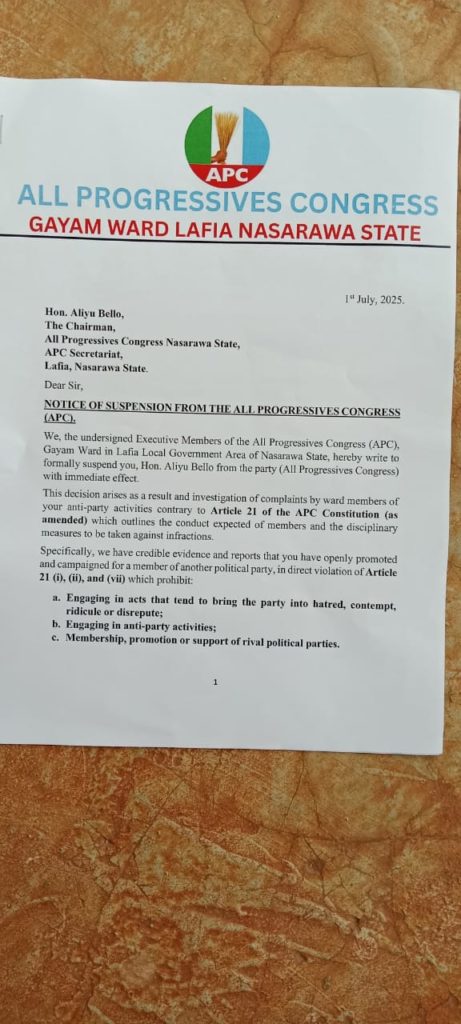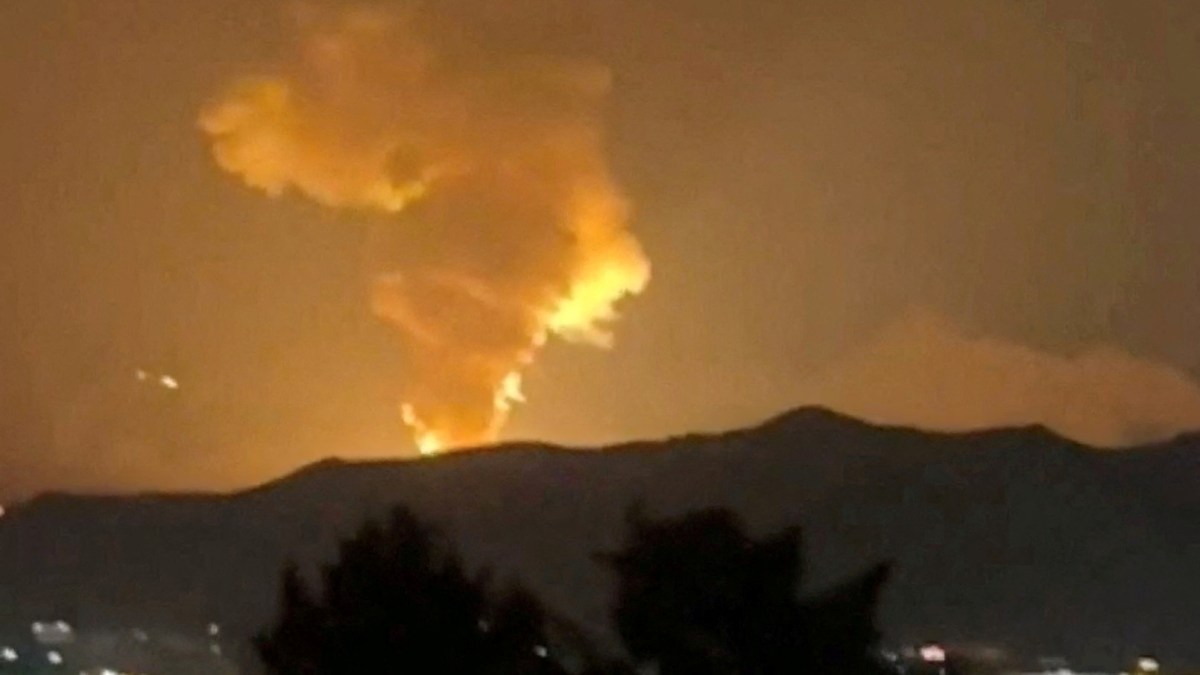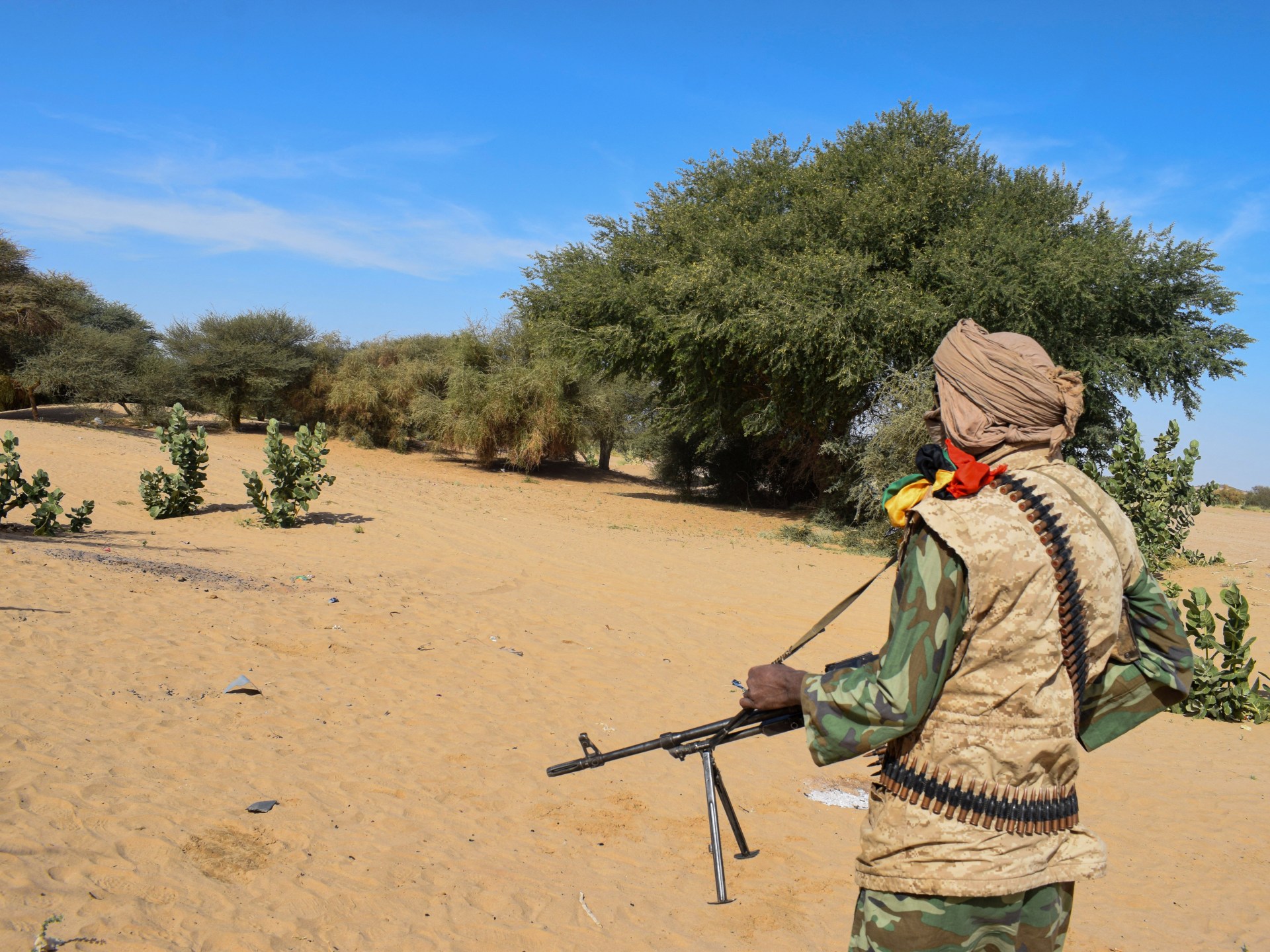In the predawn darkness of June 13, Israel launched a “preemptive” attack on Iran. Explosions rocked various parts of the country. Among the targets were nuclear sites at Natanz and Fordo, military bases, research labs, and senior military residences. By the end of the operation, Israel had killed at least 974 people while Iranian missile strikes in retaliation had killed 28 people in Israel.
Israel described its actions as anticipatory self-defence, claiming Iran was mere weeks away from producing a functional nuclear weapon. Yet intelligence assessment, including by Israeli ally, the United States, and reports by the International Atomic Energy Agency (IAEA) showed no evidence of Tehran pursuing a nuclear weapon. At the same time, Iranian diplomats were in talks with US counterparts for a possible new nuclear deal.
But beyond the military and geopolitical analysis, a serious ethical question looms: is it morally justifiable to launch such a devastating strike based not on what a state has done, but on what it might do in the future? What precedent does this set for the rest of the world? And who gets to decide when fear is enough to justify war?
A dangerous moral gamble
Ethicists and international lawyers draw a critical line between preemptive and preventive war. Pre-emption responds to an imminent threat – an immediate assault. Preventive war strikes against a possible future threat.
Only the former meets moral criteria rooted in the philosophical works of thinkers like Augustine and Aquinas, and reaffirmed by modern theorists like Michael Walzer — echoing the so-called Caroline formula, which permits preemptive force only when a threat is “instant, overwhelming, and leaving no choice of means, and no moment for deliberation”.
Israel’s raid, however, fails this test. Iran’s nuclear capability was not weeks from completion. Diplomacy had not been exhausted. And the devastation risked — including radioactive fallout from centrifuge halls — far exceeded military necessity.
The law mirrors moral constraints. The UN Charter Article 2(4) bans the use of force, with the sole exception in Article 51, which permits self-defence after an armed attack. Israel’s invocation of anticipatory self-defence relies on contested legal custom, not accepted treaty law. UN experts have called Israel’s strike “a blatant act of aggression” violating jus cogens norms.
Such costly exceptions risk fracturing the international legal order. If one state can credibly claim pre-emption, others will too — from China reacting to patrols near Taiwan, to Pakistan reacting to perceived Indian posturing — undermining global stability.
Israel’s defenders respond that existential threats justify drastic action. Iran’s leaders have a history of hostile rhetoric towards Israel and have consistently backed armed groups like Hezbollah and Hamas. Former German Chancellor Angela Merkel recently argued that when a state’s existence is under threat, international law struggles to provide clear, actionable answers.
The historical scars are real. But philosophers warn that words, however hateful, do not equate to act. Rhetoric stands apart from action. If speech alone justified war, any nation could wage preemptive war based on hateful rhetoric. We risk entering a global “state of nature”, where every tense moment becomes cause for war.
Technology rewrites the rules
Technology tightens the squeeze on moral caution. The drones and F‑35s used in Rising Lion combined to paralyse Iran’s defences within minutes. Nations once could rely on time to debate, persuade, and document. Hypersonic missiles and AI-powered drones have eroded that window — delivering a stark choice: act fast or lose your chance.
These systems don’t just shorten decision time — they dissolve the traditional boundary between wartime and peacetime. As drone surveillance and autonomous systems become embedded in everyday geopolitics, war risks becoming the default condition, and peace the exception.
We begin to live not in a world of temporary crisis, but in what philosopher Giorgio Agamben calls a permanent state of exception — a condition where emergency justifies the suspension of norms, not occasionally but perpetually.
In such a world, the very idea that states must publicly justify acts of violence begins to erode. Tactical advantage, coined as “relative superiority”, leverages this compressed timeframe — but gains ground at a cost.
In an era where classified intelligence triggers near-instant reaction, ethical scrutiny retreats. Future first-move doctrines will reward speed over law, and surprise over proportion. If we lose the distinction between peace and war, we risk losing the principle that violence must always be justified — not assumed.
The path back to restraint
Without immediate course correction, the world risks a new norm: war before reason, fear before fact. The UN Charter depends on mutual trust that force remains exceptional. Every televised strike chips away at that trust, leading to arms races and reflexive attacks. To prevent this cascade of fear-driven conflict, several steps are essential.
There has to be transparent verification: Claims of “imminent threat” must be assessed by impartial entities — IAEA monitors, independent inquiry commissions — not buried inside secret dossiers.
Diplomacy must take precedence: Talks, backchannels, sabotage, sanctions — all must be demonstrably exhausted pre-strike. Not optionally, not retroactively.
There must be public assessment of civilian risk: Environmental and health experts must weigh in before military planners pull the trigger.
The media, academia, and public must insist that these thresholds are met — and keep governments accountable.
Preemptive war may, in rare cases, be morally justified — for instance, missiles poised on launchpads, fleets crossing redlines. But that bar is high by design. Israel’s strike on Iran wasn’t preventive, it was launched not against an unfolding attack but against a feared possibility. Institutionalising that fear as grounds for war is an invitation to perpetual conflict.
If we abandon caution in the name of fear, we abandon the shared moral and legal boundaries that hold humanity together. Just war tradition demands we never view those who may harm us as mere threats — but rather as human beings, each worthy of careful consideration.
The Iran–Israel war is more than military drama. It is a test: will the world still hold the line between justified self-defence and unbridled aggression? If the answer is no, then fear will not just kill soldiers. It will kill the fragile hope that restraint can keep us alive.









